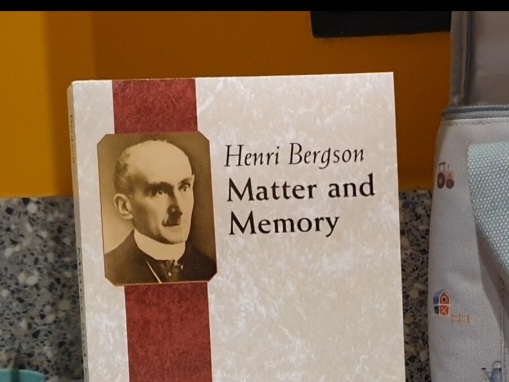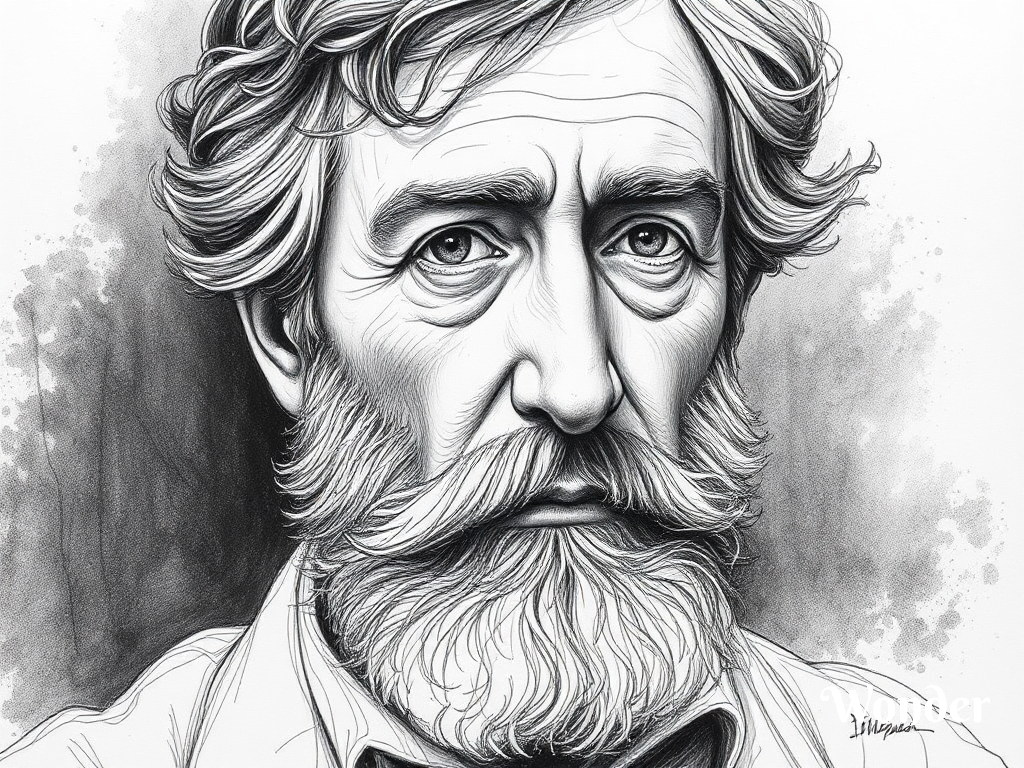Death is one of the few inevitable truths in life. Despite this fact, the idea of death troubles many of us, and we often feel both physically and emotionally immobilized when confronted with the impending end of life. In the face of such mortality, we often ask ourselves the deepest and most profound questions of our existence. We question the meaning of our lives and what comes after death. In such cases, philosophers and spiritual guides have offered their insights to help bring us some level of clarity and peace. One such philosopher, Alan Watts, has provided a philosophical outlook that invites us to examine our relationship with death and embrace it.
Alan Watts was a British writer, philosopher, and speaker. He was born in 1915 in Chislehurst, England, and later went on to study at the University of London, where he earned a master’s degree in theology. After graduation, he became a priest in the Anglican Church, but eventually resigned from his position due to disagreements with the Church. He became increasingly interested in Buddhism and Eastern philosophy, becoming one of the foremost western interpreters of Eastern spirituality. Through his books, lectures, and radio broadcasts, he challenged the dominant cultural narrative of Western culture and offered a fresh perspective on issues of life, death, and existence.
The Philosophy of Alan Watts
Watts’ philosophical outlook was based on a powerful and provocative message that we should not be afraid of death. Essentially, he believed we should approach death as a natural coming and going, not something to be feared or dreaded. Death is inevitable and a natural part of life, and we should embrace that inevitability rather than fight against it. For those afraid of death, his message is that we should shift our focus from the pain of loss and say, “Don’t be afraid of death; be afraid of an unlived life.” This view of life and death is grounded in the Buddhist philosophy of impermanence and the concept of “no-self.”
In Watts’ view, the ego and individual identity are merely illusions that we cling to because we are afraid of the unknown. Ultimately, he argued that there is no “self” as such, rather it is simply the ongoing process of existence. Death, therefore, is an ending of this process, but it is not an end in itself. Instead, it is a natural surrendering of oneself to the universe. When we accept our mortality with this perspective, we learn to live life more fully and with greater meaning.
Watts also emphasized the interconnectedness of all things, including life and death. In his view, life and death are two sides of the same coin; it is impossible to have one without the other. Moreover, he argued, without death, life would lose its meaning. Watts believed that we are able to exist because we are aware of our mortality, and it is through this awareness that we can live our lives and experience the world.
Coping With Death
Watts’ philosophical outlook offers powerful insights and perspectives on the nature of death and existence. For those who are struggling to come to terms with death, his views may offer comfort and peace of mind. Here are some of the ways in which reading Alan Watts can help us to cope with death.
1. Re-defining Death
The conventional way of looking at death is that it is a loss, implying the end of life. This idea of loss can be traumatic and painful. However, according to Watts’ philosophy, death is just a natural part of the cycle of life. When we stop seeing death as a loss, it becomes much easier to come to terms with it.
His message invites us to see things in the right perspective. Instead of trying to avoid thinking about death, we should accept it as a natural progression that everybody goes through. In his view, just as we progress from birth to childhood and eventually to adulthood, we will also progress from life to death.
In one of his lectures, he explains that the default state is one of nothingness. We come from it and go back to it. It’s wrong of us to see death as something cold and empty. It’s not a state of eternal suffering. It’s nothing.
2. Embracing Life
Watts suggests that we should not allow our fear of death to keep us from living our lives fully. This means embracing life and living it to the fullest. In his philosophy, death is not the opposite of life; rather it is a part of it. Therefore, if we are to accept our mortality, we must also live our lives mindfully.
According to Watts’ philosophy, life is an experience, and the death of the body is merely a transformation. Our physical bodies may be fleeting, but we continue to exist in many other ways. When we understand this, we can free ourselves from the limitations of the physical body and focus on living a full and meaningful life. We can appreciate the value of each moment in life, as we know that our time here is limited.
3. Learning to Let Go
Watts believed that our attachment to the physical world is one of the main things that make us anxious about the thought of death. Our fear of losing what we have accumulated and the memories we have created can make us anxious when it comes to this inevitable occurrence.
His philosophy suggests that we should learn to let go of the material world. We should let go of the people and things we love, and embrace the moment, understanding that the present is all we really have. When we let go of our attachment to the physical world, we learn that there is nothing to fear in death. Life will continue in other forms, and we can enter into the transition without anxiety or fear.
4. Connecting with the Universe
Watts believed that our fear of death stems from our feeling of separation from the universe. His philosophy recommends that we reconnect with the universe by expanding our consciousness. By practicing mindfulness, meditation, and reflection, we can open ourselves up to the vastness and beauty of the world around us, and reconnect with the universe itself. When we connect to the universe, we realize that we are part of something much larger and that death is not the end of our existence.
Conclusion
Alan Watts’ philosophy of life and death offers a unique perspective on the human experience. By providing an approach that encourages us to embrace the inevitability of death, he challenges our conventional view of death’s sorrow and loss. His philosophy offers a perspective that allows us to see the fleeting nature of our physical bodies and focus on what is really important, living a meaningful life in the present. In Watts’ view, death is not the end; rather, it is simply a transition into something new. When we change our mindset towards how we view death, we can find peace and comfort in an otherwise troubling time. By reading his works, we can gain a deeper understanding of existence and live our lives with greater clarity.




